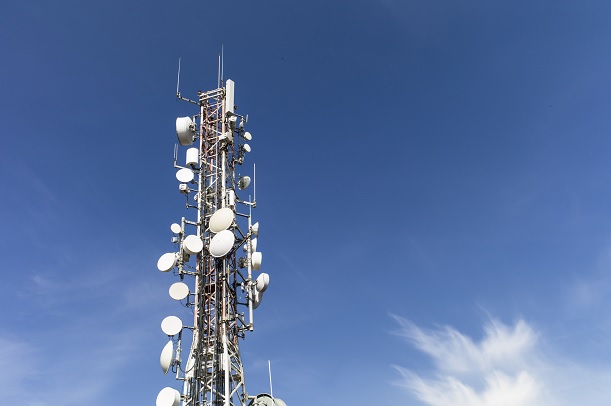EE has become the latest UK operator to threaten legal action over the country’s forthcoming spectrum auction, arguing the sale of 5G frequencies should be delayed and proposed spectrum cap should be ditched.
Regulator Ofcom is planning to sell 40MHz of 2.3GHz spectrum and 150MHz of 3.4GHz next month, with the former able to be used immediately and the latter seen as underpinning future 5G services.
Under the terms of the auction, EE would not be able to bid for 2.3GHz because of its dominance of the UK’s spectrum bands. Additionally, all of the UK’s four operators would be subject to a 37 percent cap on their share of total spectrum holdings.
This move infuriated Three, which had been campaigning for a 30 percent cap and threatened legal action this month to challenge Ofcom.
EE announced yesterday evening it was following suit. A spokesperson said: “In response to Three’s action, we have made the difficult decision to challenge the proposed structure of the next auction of mobile spectrum.
“We need to protect our customers’ mobile experience, and help build the platform for the UK to have the highest quality 5G networks.”
It is proposing the cap on spectrum holdings is abolished completely. When the terms of the auction were announced in July, EE CEO Marc Allera said he did not feel the cap was necessary but accepted the terms of the auction. However, EE is happy for next month’s 2.3GHz auction to go ahead without it.
The UK’s largest mobile operator is also asking for the 3.4GHz auction to take place alongside separate plans to sell 700MHz and 3.6GHz spectrum to fuel 5G services. Ofcom has previously said it wishes to sell off those bands by 2020.
EE is arguing that doing so would lead to greater certainty about total spectrum holdings as well as generate economies of scale.
Ironically, The BT-owned business benefited from a quirk in its spectrum holdings that allowed it to do the opposite when it launched LTE in 2012 on a comparatively small amount of spectrum.
It got permission from Ofcom to refarm its 1800MHz holdings for 4G, allowing it to launch the service considerably ahead of rivals.
In response to EE’s move, Mark Evans, CEO of O2 UK, said: “Legal action will inevitably cause delay to the auction and gives no thought to the impact and harm this will have to UK customers, UK Plc and economic growth.
“Should litigation go ahead, it must be expedited. In addition, and even more importantly, on the basis that all operators have accepted the rules for 2.3GHz, Ofcom should go ahead with auctioning this immediately either on a permanent or temporary basis. This would allow spectrum to be used whilst a potentially protracted legal process in relation to the 3.4GHz spectrum is contested.
“This country desperately needs more mobile airwaves. It is possible to hold the 2.3GHz auction now and grant immediate access to the newly-available spectrum. Ofcom can and must act.”
Ofcom was unavailable to comment and Vodafone UK had yet to give its response at time of publication.



